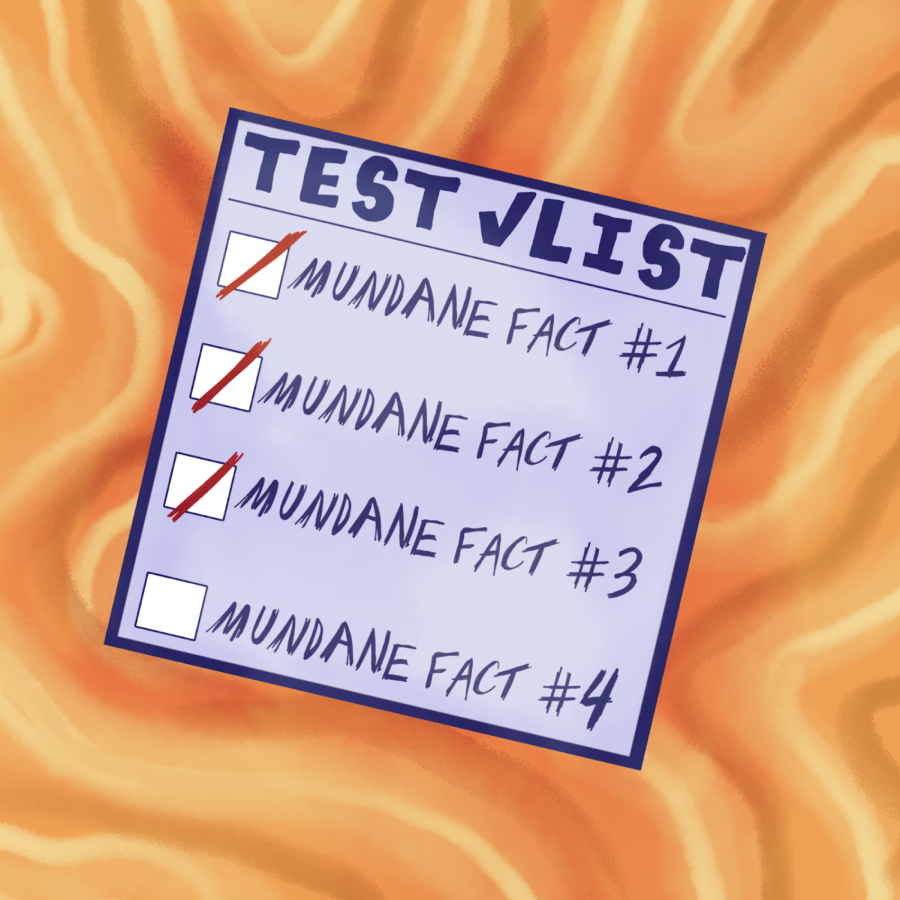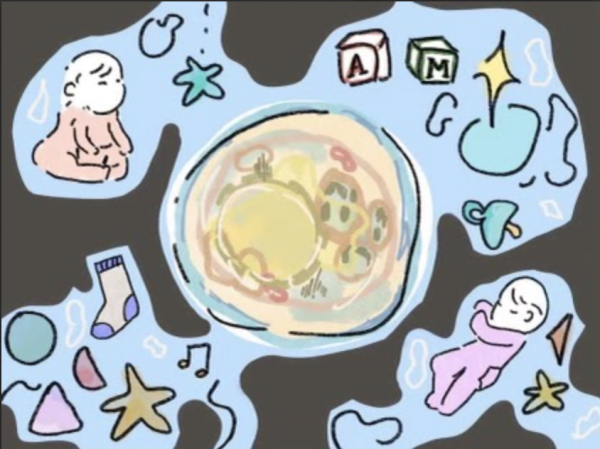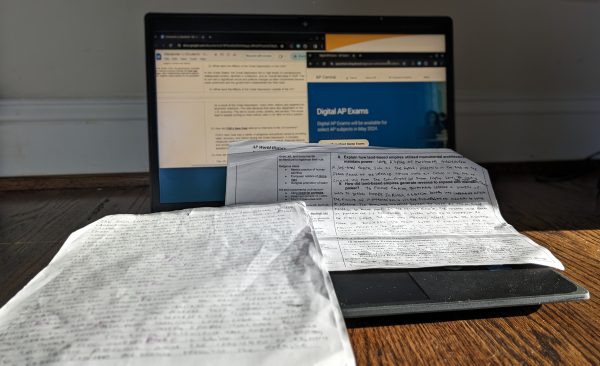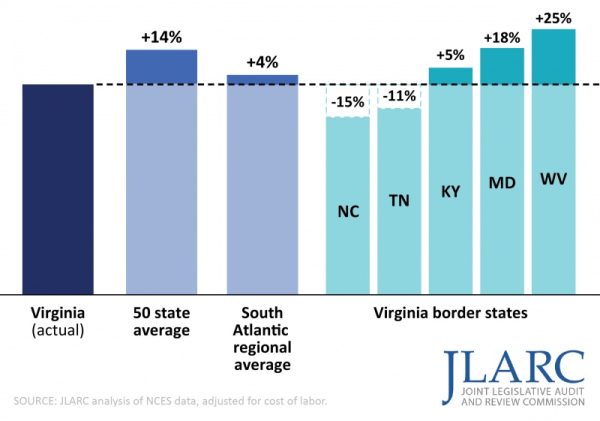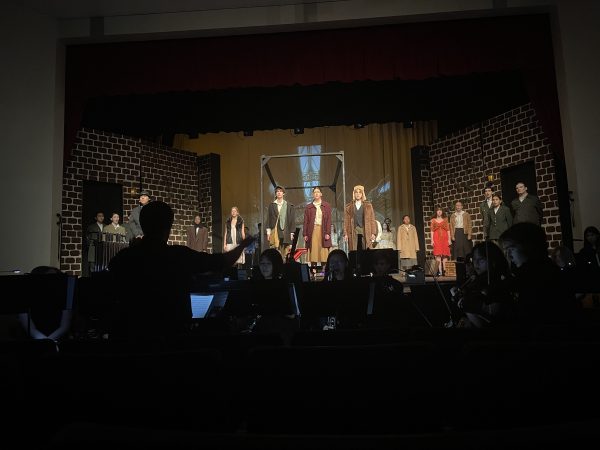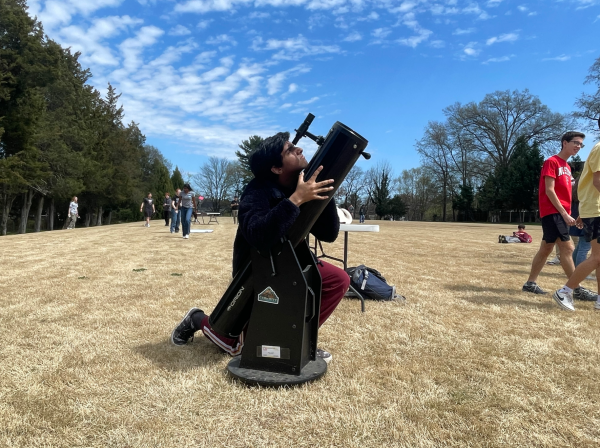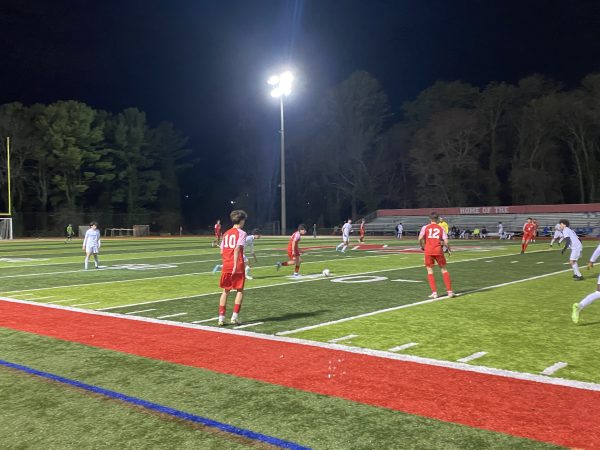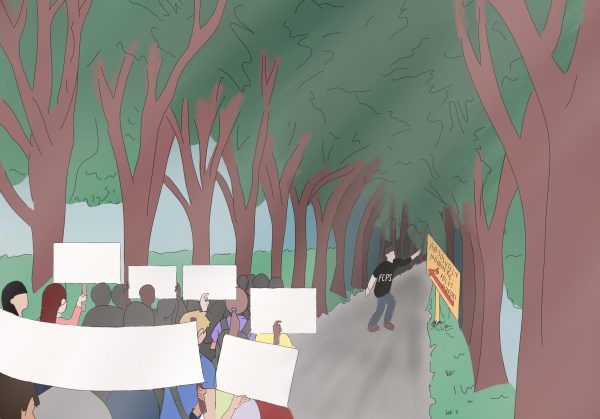AP classes prioritize memorization over education
Courses prepare students for tests, not the outside world
AP classes are ingrained into the McLean community so deeply that a schedule with up to six of these classes is not uncommon. In place of high-scoring football players, McLean has high-scoring test takers. Although considered academically rigorous, the majority of Science and History AP classes value the memorization of facts over critical thinking skills applicable beyond high school.
This is a theme embedded into History and Science AP classes offered at McLean. As a school, the classes here value memorization to pass a test over the ability to actually understand a subject and apply it to real world situations. This is a dangerous pitfall that can make application of knowledge harder after school.
Due to the basic resuscitation of information required in order to pass exams, students are losing the value of the content in the current curriculum. The fast paced atmosphere mixed with the high volume of information leads to a quick learn and forget process that most students begin to adopt.
While memorization is important to understanding complex concepts, it does not help students understand the world around them and succeed outside of school. If connections between concepts are not made, and students do not understand why the facts they have memorized make sense, there is no point in learning them.
Critical thinking in education looks like hands-on projects with consequences that relate to the real world. It involves class discussions in order to deepen the understanding of subjects and create connections between ideas. It teaches students not only to memorize information presented to them, but to question it and connect it to new ideas.
AP classes focus on the singular purpose of passing an exam or final instead of educating students on the subject they are meant to be learning. Tests are an important tool in measuring how well a student knows the facts; however, solely teaching to that point leads to a lack of complex understanding.
McLean is lucky to have so many advanced classes available, as it gives students a competitive edge when applying to colleges and makes prominent information available for those at McLean. However, the structure of the class stunts students from problem-solution thinking that becomes paramount outside of school.
Your donation supports the McLean High School's independent, award-winning news publication.



